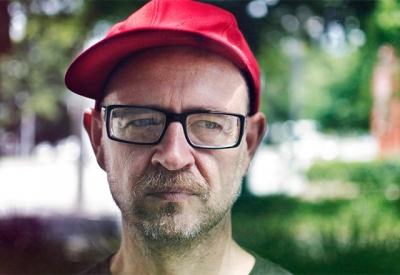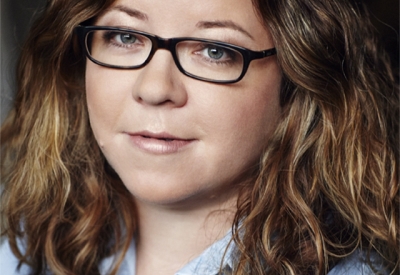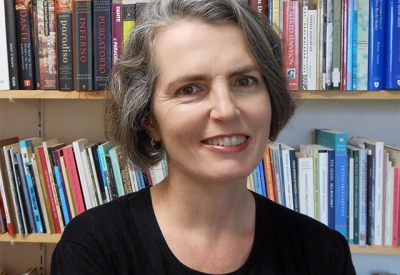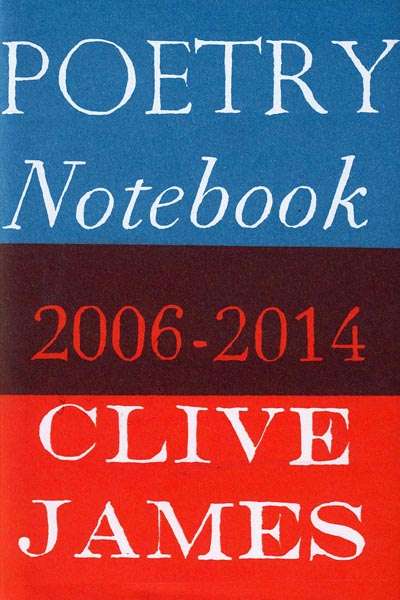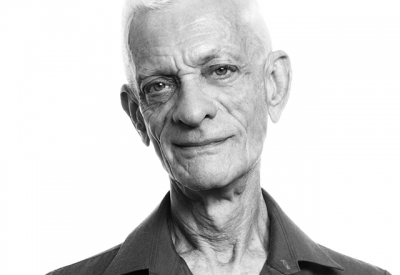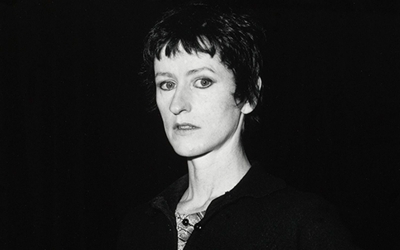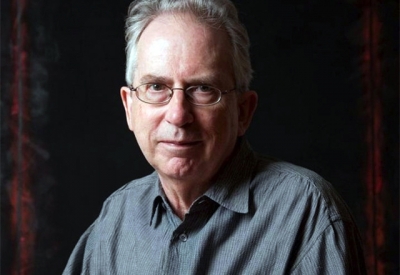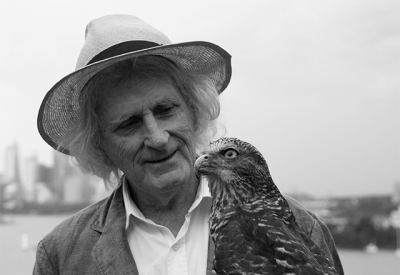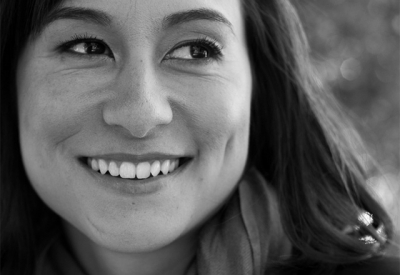Writers on Writing
I’m inclined to say poems are triggered, or ‘arrive’, rather than they’re the fruit of inspiration. The poem does have to be written, which is in itself craft. The best poems may need a little tinkering, but on the whole I’d rather not labour away at a sow’s ear. (Though I should say I value a real sow’s ear above a silk purse.)
... (read more)My hero is Jakob von Gunten, star of, well, Jakob von Gunten, Robert Walser’s singular novel about a school for servants. I love the quality of Jakob’s subversion in that lovely, strange, tiny place. And my heroine: Theodora Goodman, the eponymous aunt of Patrick White’s The Aunt’s Story, who is glorious and difficult and bewildering and kind.
... (read more)Lesbia Harford would have been interesting to meet, because of her unconventionality and political views, in addition to the poetry. Earlier, Percy Shelley, for similar reasons.
... (read more)This is not the age of criticism. Theory killed criticism. This is the age of reviewing and commentary.
... (read more)I admire Jeremy Prynne, Clark Coolidge, Mina Loy, and Lyn Hejinian, but I don’t know whether they have influenced my work. To limit this list in time somewhat: Baudelaire, Rimbaud, Eliot, Auden, Berryman, Ashbery, O’Hara. Among the Australians: Kenneth Slessor, Francis Webb, Michael Dransfield, John Tranter, Jennifer Maiden, Martin Johnston, John Forbes. Everything one reads or hears is an influence. The list seems infinite and includes songwriters such as Thomas Moore and Hank Williams.
... (read more)When did you first write for ABR?
It was 2001. A dual review of Malcolm Knox’s début novel, Summerland, and Steven Carroll’s The Art of the Engine Driver. Luckily, I was generous about these relatively unknown authors and their books, since both went on to become significant figures in Australian letters.
... (read more)It’s always dangerous, I believe, to have heroes, but I do admire the author who gave us the wonders of Anna Karenina, say, and to come back to Conrad, how about this first paragraph of Lord Jim? ‘He was an inch, perhaps two, under six feet, powerfully built, and he advanced straight at you with a slight stoop to the shoulders, head forward, and a fixed from-under stare which made you think of a barging bull’. I am in awe of Jim, with his ‘ability in the abstract’.
... (read more)Poetry is song, every word in every line must work, each word transcribed like a note, each line connected to a breath. Fine prose is song, too; each word in the sentence must earn its existence. Thought is both a god and a devil to the line’s ability to sing.
... (read more)I seem to dream more awake than I do asleep. As a child, I often acted out imaginary scenarios, speaking the various parts aloud. Every so often I’ll catch myself doing it again.
... (read more)
